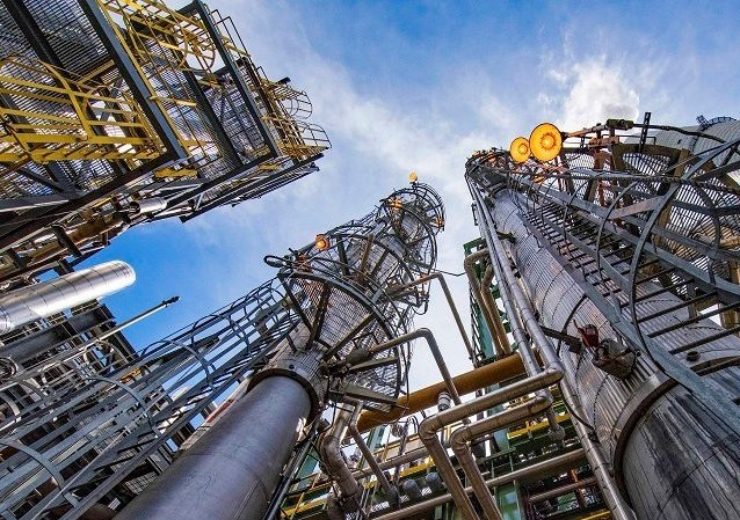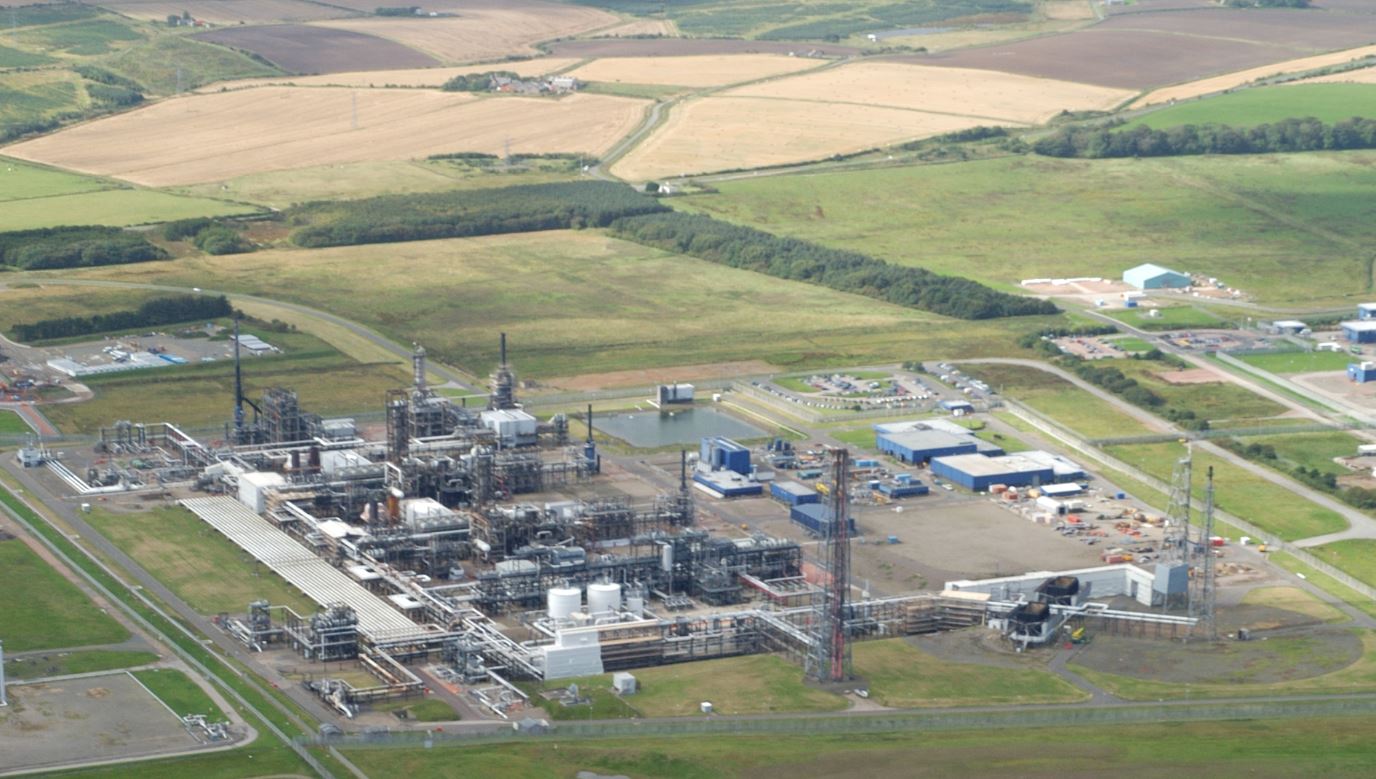
Rollout of CCS technology is likely to be very “place-specific”, rather than widespread, as a measure to tackle climate change, according to new research.
The paper, published in the International Journal of Greenhouse Gas Control, has been produced by academics from Robert Gordon University and the University of Highlands and Islands/ the Scottish Association of Marine Science (SAMS).
It states that CCS (carbon capture and storage) “may only make sense in settings such as north-east Scotland” which has specific infrastructure and skill sets in place.
CCS – a process of storing emissions underground – is viewed by the International Energy Agency as “vital” to tackling climate change.
However the report questions whether the rhetoric of the oil and gas industry, which has in the past been “over-optimistic” about the chances of CCS deployment, “reflects the reality” of widely deploying CO2 subsea storage, which can take years to identify a suitable site.
Places like Scotland and the wider UK are “ahead of the curve”, the paper said, pointing to projects like Acorn in Aberdeenshire, but highlighted a divergence of opinion between industry players, civil society and NGOs, which “may be a challenge to offshore CCS deployment in the UK and elsewhere”.
The authors concluded that CCS is “both desirable and feasible” under specific circumstances like hydrogen production, or drawing on “well-known subsea locations” like the North Sea or Gulf of Mexico.
What remains unclear, they said, is under what circumstances civil society organisations will support CCS widely.
They suggest that “broad stakeholder consensus” could be achieved with policies “that do not divert from non-fossil options or become perceived as ‘subsiding’ extractive industries”.
It comes as a UK government consultation on CCS closed this week.
“Last resort”
In their responses to the researchers’ survey, those working directly with CCS are most likely to consider it “necessary” to tackle climate change.
The authors described a “community of experts” who “create and perpetuate narratives about how necessary CCS is”, but also noted the “increased reflexivity” of the oil and gas sector in highlighting its importance for the future.
On the flipside are NGOs and those in civil society whose increasing scepticism and campaigns on the topic has “significant influence over the public”.
Professor Stuart Haszeldine, director of Scottish Carbon Capture and Storage (SCCS) said the conclusions are “well explained though somewhat unsurprising”.
He added that the research did not tackle questions around the future of industrial economies without CCS or how society can fuel its lifestyles.
“Faced with these questions, governments have dithered”, he said.
“In the run up to CoP26 it’s clear that very few countries have made progress on Nationally Determined Contributions [NDCs]. CCS is one of many methods to help. It’s time to decide.”
Balancing act
The report said CCS can “balance multiple pressures” in affluent “carbon-intensive” areas, as well as emerging economies.
However, the responses show a preference to use CCS “only as a last resort” when other decarbonisation options are unavailable.
The report added that, for developing economies in particular, the preference is to have a pathway that “jumps” straight to renewable energy sources.
For north-east Scotland, one such “pressure” which CCS could balance is declining oil reserves with a possible transition strategy for workers.
However the report said union scepticism remains about the jobs potential of low-carbon measures like CCS and offshore wind, as evidenced by Scottish wind contracts going overseas.
The authors said: “Governmental and developer rhetoric on fair and decent work through climate change mitigation needs to be backed up with policy and legislative support to ensure jobs and economic benefits are delivered to communities that need them.”
The full report, authored by Adrian Gonzalez, Leslie Mabon and Abishek Agarwal, can be read here.

 © Shell
© Shell